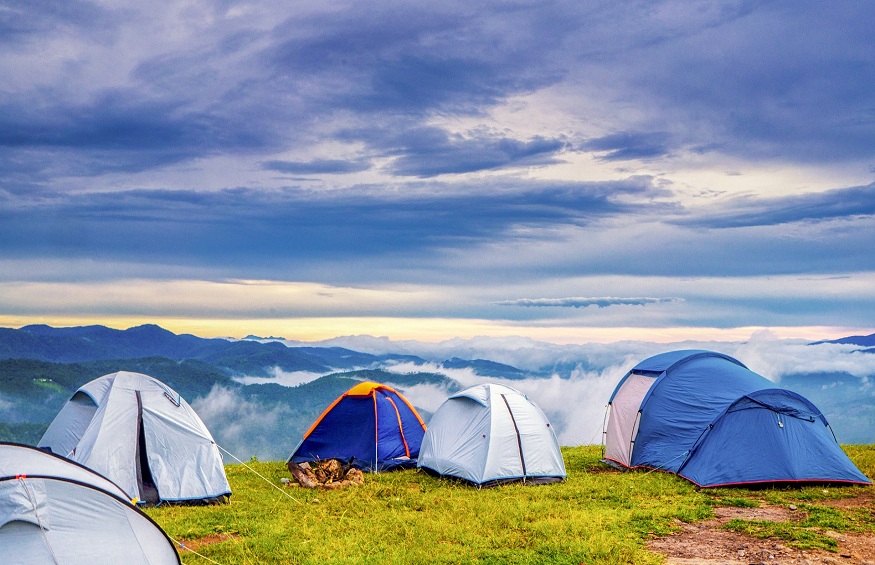Large bodies of water can present a number of hazards. The lack of organization, supervision and appropriate equipment increases these risks. Are you planning an aquatic activity during your camp? Notify parents and guardians in advance if the program involves swimming, and collect signed written permission for each underage participant. During your stay, be accompanied by qualified and well-trained boating safety personnel, in sufficient number to be able to supervise the number of participating campers.
Too many surveillance staff is better than a lack of it.
Woods : Sabbat Hikes and Walks are the two mainstays of all our Explorer Camps. During these outings, it will be possible to meet different kinds of wild animals depending on the region. Advise campers to avoid any interaction Explorers Camp or close contact with animals. Touching or handling any animal can lead to a myriad of illnesses, bodily harm, and even death. Avoid night hikes, and always stay on the trails; campers can get lost and encounter wildlife. Spending time in the woods can also expose campers to poison ivy, poison ivy, and ticks. Teach campers and counselors to recognize them and other poisonous plants, and what to do if they come into contact with these plants or insects. It is particularly important to react quickly to these types of risks, since symptoms and injuries can occur quickly after contact with any of these three organisms.
Wildlife: Bears and other wildlife can smell food up to 80 kilometers away. Minimize the possibility of animals entering the designated camp area by sealing open food and storing it safely away from tents. All rubbish and discarded food should be appropriately disposed of in suitable bins or burned.
Weather :When hiking or camping, the sun and heat are major concerns, because too much effort and excessive exposure to the sun can cause sunstroke or even death. All campers should check weather conditions and prepare their bags accordingly. If hot weather is forecast, wear loose, light-coloured clothing made of breathable fabric. Stay hydrated throughout the trip by drinking plenty of cool fluids, preferably water, long before you feel thirsty to reduce the risk of dehydration.
Sometimes campers will need more than water to stay hydrated and fueled during their stay, especially if the weather is very hot. Beverage packets containing electrolytes will be needed to replenish campers’ bodies and provide them with the nutrients they need, as well as to assist those who are dehydrated. Limit the time campers spend in the sun, especially between 11 a.m. and 4 p.m. Campers should wear sunglasses with UVA and UVB protection, and use broad-spectrum sunscreen with a minimum SPF 15 rating.
For each of these four elements of nature, it is essential to be prepared for emergencies ranging from allergies to broken bones. Prepare a procedure in advance, and make sure that your first aid kit is always at hand, and that it contains the supplies necessary to deal with these emergencies.

